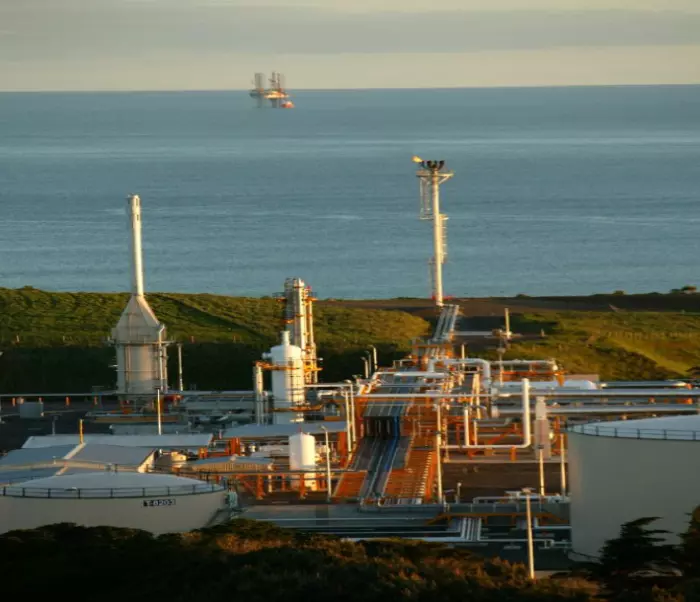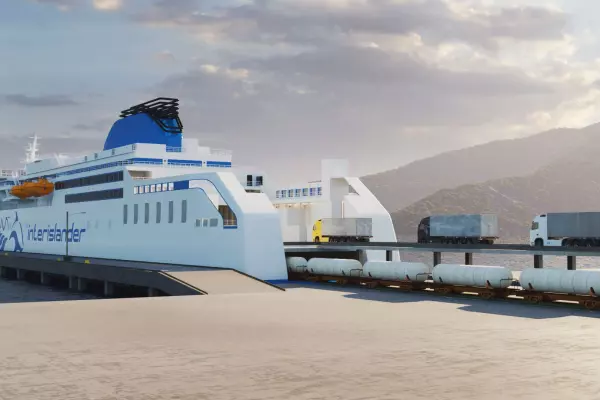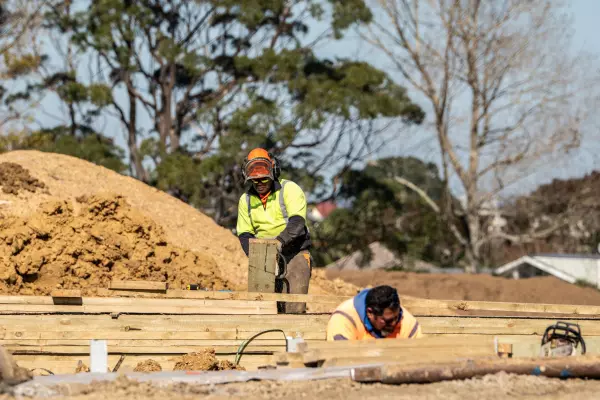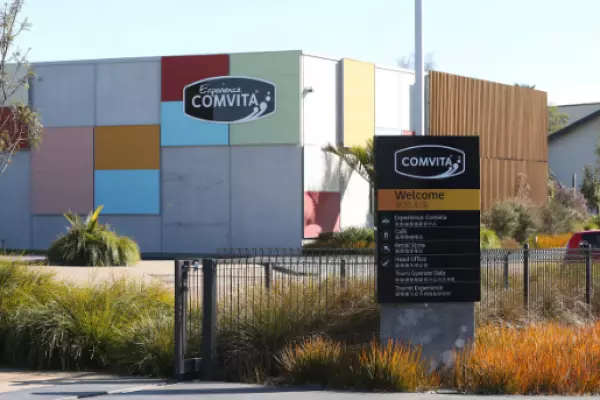A crisis in the natural gas market has been averted following an agreement by the country’s largest user of natural gas, Methanex, to cut production at a second of its three Taranaki methanol production plants.
In a joint announcement early this morning, Genesis Energy announced it would buy between 3.4 and 4.4 petajoules of natural gas from Methanex over the coming winter. Methanex will “temporarily idle one Motonui facility to improve NZ’s energy security”.
Methanex had already mothballed its Waitara methanol plant in February because it could not secure gas supply to keep it running.
Now the Canadian-owned firm has agreed to cut back production at another of its three plants.
The additional gas freed up is expected, in part, to be used to meet a looming gas supply shortage for another major gas user: Oji Fibre Solutions.
Beehive pressure
BusinessDesk understands Methanex has agreed to sacrifice production in order to prevent the potential for political intervention in the gas market that Oji is known to have sought in recent weeks and has included direct approaches to the energy minister, Megan Woods.
Oji uses natural gas in its pulp, paper and packaging production processes, and is understood to be facing the end of a long term gas supply contract by mid-year. In normal circumstances, it would have expected to be able to renegotiate such a contract.
However, gas shortages caused mainly by production problems in the major Pohokura gas field and low rainfall into hydro-electricity storage catchments meant Oji was facing the prospect of being unable to find new gas supplies once its contract ended.
The shortages have seen gas prices on the secondary gas market rise from a historic norm of about $5 a gigajoule to around $20/GJ, according to gas market sources.
Neither Genesis nor Methanex would discuss other gas market players’ issues this morning and Oji had not responded by time of publication to a request for comment.
Market support
However, Genesis chief executive Marc England said in this morning’s statement that the deal to take gas from Methanex “will help support electricity generation through winter and ensure electricity and gas supply to our customers and other market participants“.
“The fact that Genesis operates at the intersection of the electricity and gas markets positions it as the best market participant to broker these types of agreements.”
The agreement also includes a winter/summer gas swap between Genesis and Methanex, which should give some comfort for methanol production through the 2021/22 new year, while Pohokura field operator OMV seeks to improve gas production.
The industry regulator, the Gas Industry Company, last week issued a paper warning of a combination of falling production from existing gas fields and the lack of incentive to invest in new gas production caused by the government’s 2018 ban on new offshore oil and gas exploration.
In a worst-case scenario, extreme gas shortages are possible by 2026, GIC said.
Gas vs coal
Genesis will also be expecting to use as much gas as possible to generate electricity rather than using coal at its ageing Huntly power station, which can run on either fuel.
Commercially painful offers by major energy users to cut production in the interests of preventing political involvement in their markets are not uncommon.
The Tiwai Point aluminium smelter, user of one-seventh of all electricity production in NZ, has cut production by 5% already this winter in what Enerlytica energy analyst John Kidd earlier this week described as an effort to reduce any tension over its profitability when there are severe stresses in the electricity market.
Asked to comment on the extent of commercial pain Methanex was bearing because of today’s decision, a spokeswoman said: “Any time we reduce our production, it is an important decision that we consider carefully.”
“We are committed to a long term business in New Zealand, so we look for ways that we can be part of the solution and are taking a long term perspective with this decision.”
In today’s statement, Methanex NZ managing director Dean Richardson said: “Global demand for methanol is strong as economies around the world are rebuilding and natural gas-based methanol is increasingly regarded as a key part of a low emissions world and as a clean-burning fuel.
“Methanex will use its global leadership supply position to mitigate the loss of this production and ensure security of supply to its customer base.”
England said “Genesis acknowledges and is appreciative of the flexibility Methanex has shown in respect of their own business to make this gas available”.
“It is another example of cooperation between the electricity, gas and manufacturing sectors to support New Zealand’s security of supply at a time of stress for both the gas and electricity markets.”
This story has been updated to clarify that while Methanex's decision may assist Oji Fibre Solutions in its need for a new long term gas contract, there is no direct connection between Methanex and Oji.














